iHealth Innovation Tech
Certifications
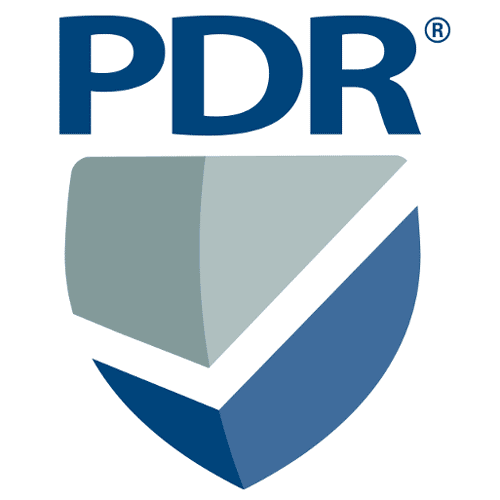
PDR
The Physician’s Desk Reference, PDR, is the most authoritative doctor’s drug collection in the United States. All prescription drugs must be certified and approved by the FDA (Food and Drug Administration). Under each drug item, the prescription specifications of the drug are included. Basic excipients, instructions for use, pharmacology, and clinical applications are very detailed. Physicians rely on it to accurately query drug information, prescribe more accurately, ensure medication safety. In addition to collecting drug information, PDR also publishes information on nutrient supplements and over-the-counter drugs that meet safety requirements.
PDR distributes product information to doctors, pharmacists, and other healthcare providers in the United States, as well as hospitals and medical education institutions through a variety of channels.
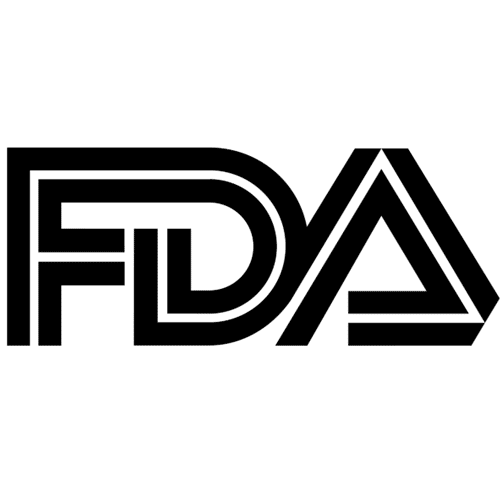
FDA
US Food and Drug Administration (FDA) is a federal government agency directly under the jurisdiction of the US Department of Health and Human Services. Its primary function is to be responsible for the production, importation of food, dietary supplements, and pharmaceuticals in the United States. It provides supervision and management of vaccines, biomedical preparations, blood preparations, medical equipment, radioactive equipment, veterinary drugs and cosmetics.
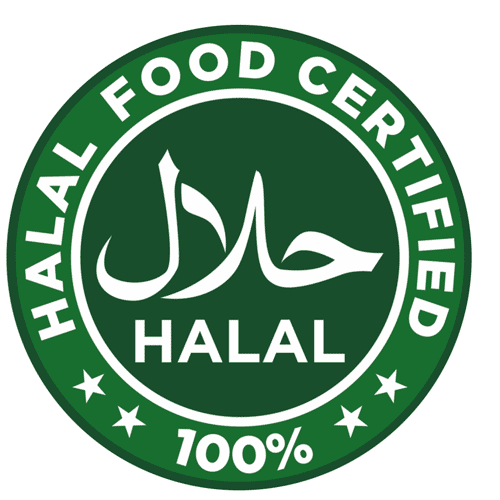
HALAL CERTIFICATION
Halal Certificate is a qualification certificate issued after the certification of food, medicine, chemicals, and additives in accordance with Muslim customs. This is a process in which a qualified independent third party supervises consumer products to ensure products produced demonstrate and meet the production readiness and ingredient standards of the halal lifestyle. When the supervisory third party successfully passes and accepts the product, a halal certification is issued to the manufacturer to confirm that the product is halal. Although halal requires food to be hygienic and pure, halal certification is handed over to government regulators for food safety issues.
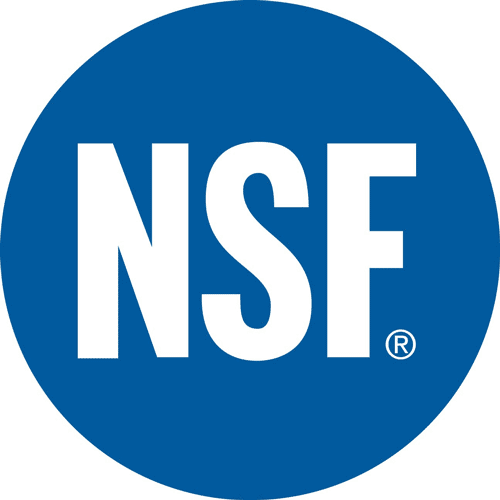
NSF
Founded in 1944, the National Sanitation Foundation is an independent, not-for-profit NGO. NSF specializes in standards development, product testing and certification services in the areas of public health, safety and environmental protection. It is an authority in the field of public health and safety. Millions of consumer, commercial and industrial products are printed with the NSF logo every year and have been trusted by consumers, industry insiders and manufacturing organizations for many years.
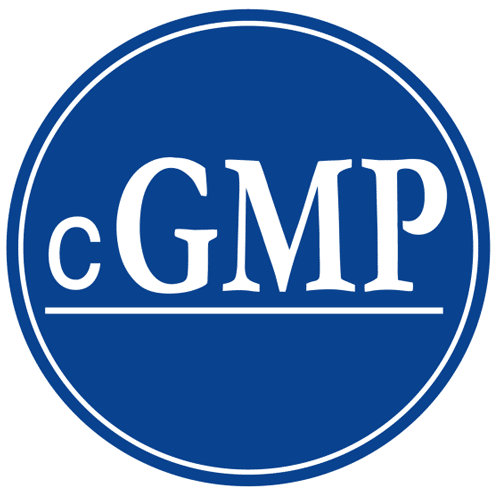
cGMP (Current good manufacturing practices)
It is the legal standard for the production of food, nutritional supplements and pharmaceuticals in the United States. The specific criteria for cGMP are based on the specific product type. Its contents include plant construction, personnel requirements, sanitary conditions, and production, quality management and records. The supervision and implementation of this standard is performed by the FDA.
cGMP refers to dynamic pharmaceutical production management practices and is also translated into current pharmaceutical production management practices. It requires verification throughout the entire production and logistics process. cGMP is an international pharmaceutical production management standard.
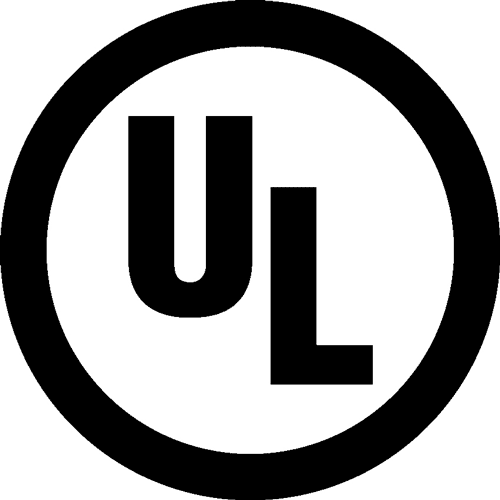
UL Certification
UL is a shorthand for Underwriters Laboratories Inc. The UL Safety Laboratory is the most authoritative in the United States and the largest private institution in the world for safety testing and identification. It is an independent, profitable, professional organization that tests for public safety. It uses scientific testing methods to determine the extent to which various materials, devices, products, equipment, and buildings are hazardous or harmful to life and property; to determine, prepare, and issue appropriate standards and to help reduce and prevent life. UL certification is a non-mandatory certification in the United States, primarily for the detection and certification of product safety performance. UL plays an active role in promoting the development of international trade.
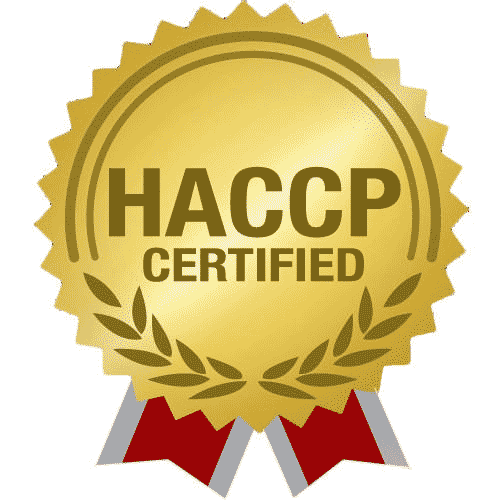
HACCP
Hazard Analysis Critical Control Point is a scientific, simple and practical preventive food safety control system. It is based on GMP (Good Manufacturing Practice) and SSOP (Sanitary Standard Operating Procedure). One of the most effective means of self-control of food safety. Since the HACCP system appeared in the United States in the 1960s and became the first in some areas in the 1990s, it has attracted widespread international attention and recognition. The government authorities in some countries have also developed GMP and regulations for their food industry. There are mandatory requirements for the safety and health control of food enterprises in the country and the exporting country.
HACCP is recognized worldwide for its ability to significantly reduce the risk of food safety hazards. HACCP system validation and certification helps to build public confidence.
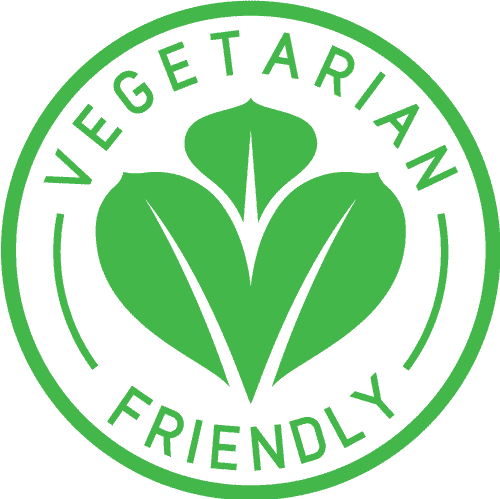
VEGETARIAN
This logo is created and managed by a vegetarian organization. It is a simple and easily recognizable logo. It tells you the products not contain any animal ingredients, such as health products, foods, clothing, cosmetics, and etc.



